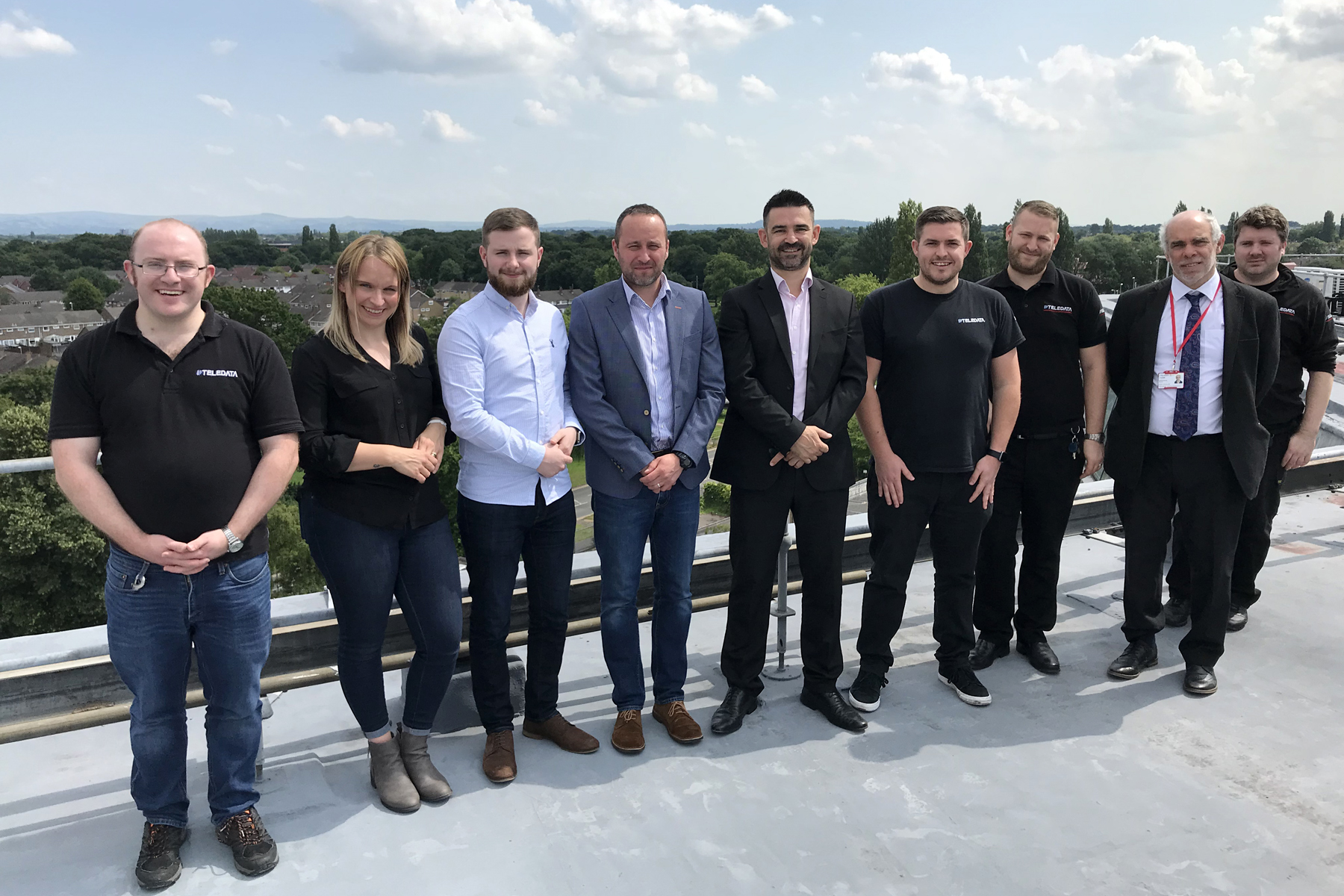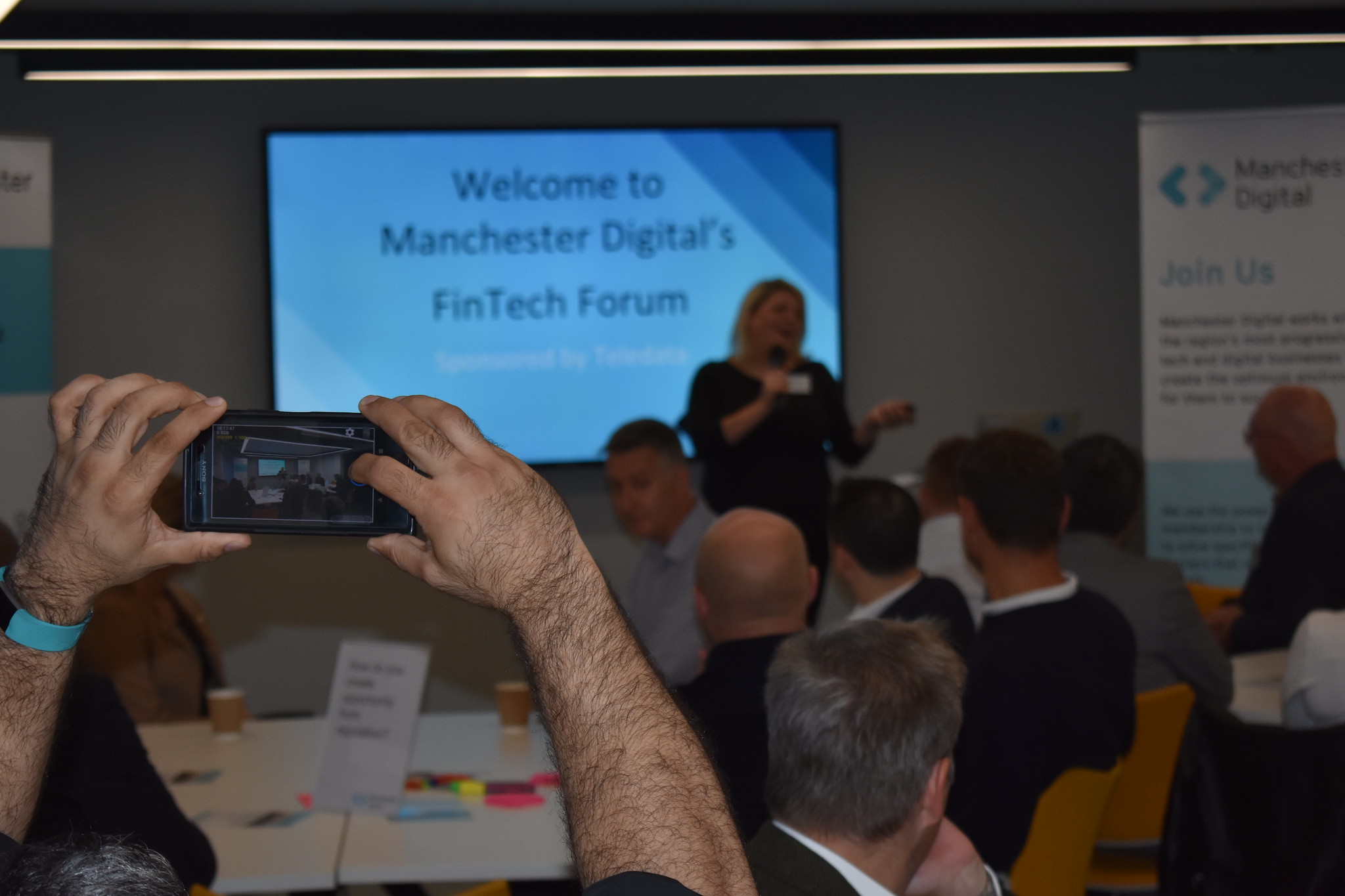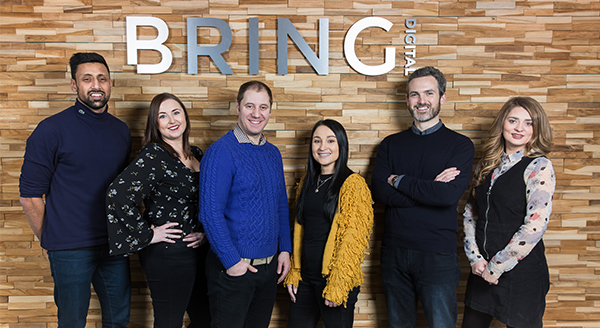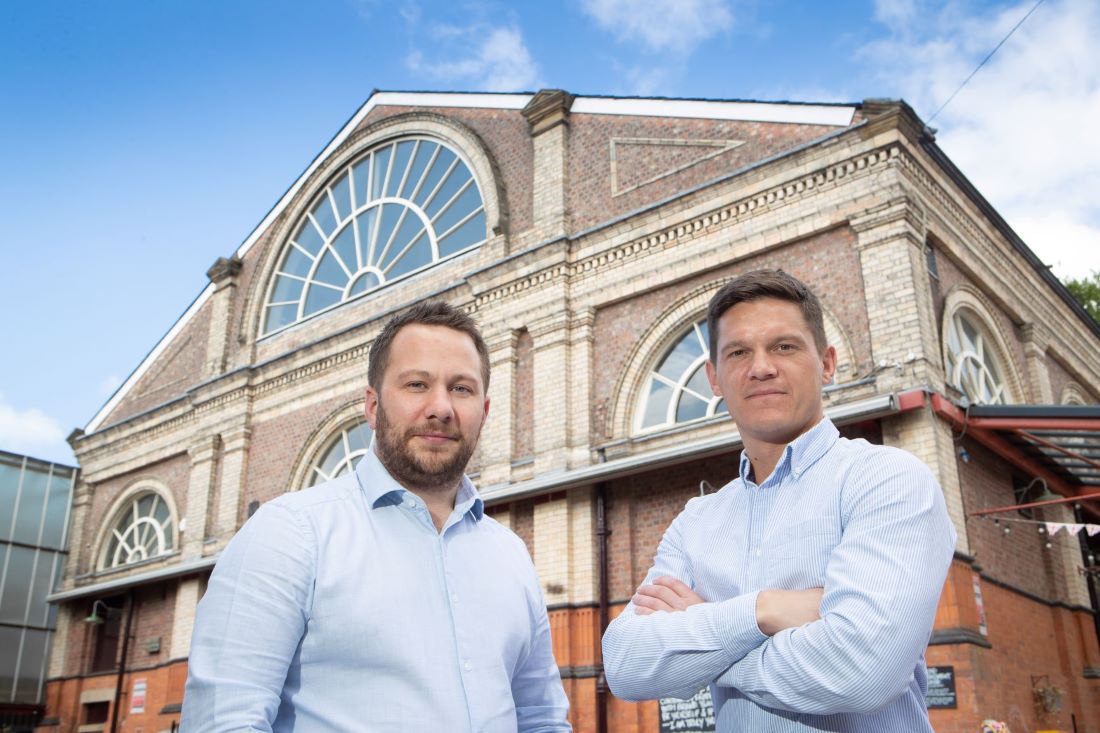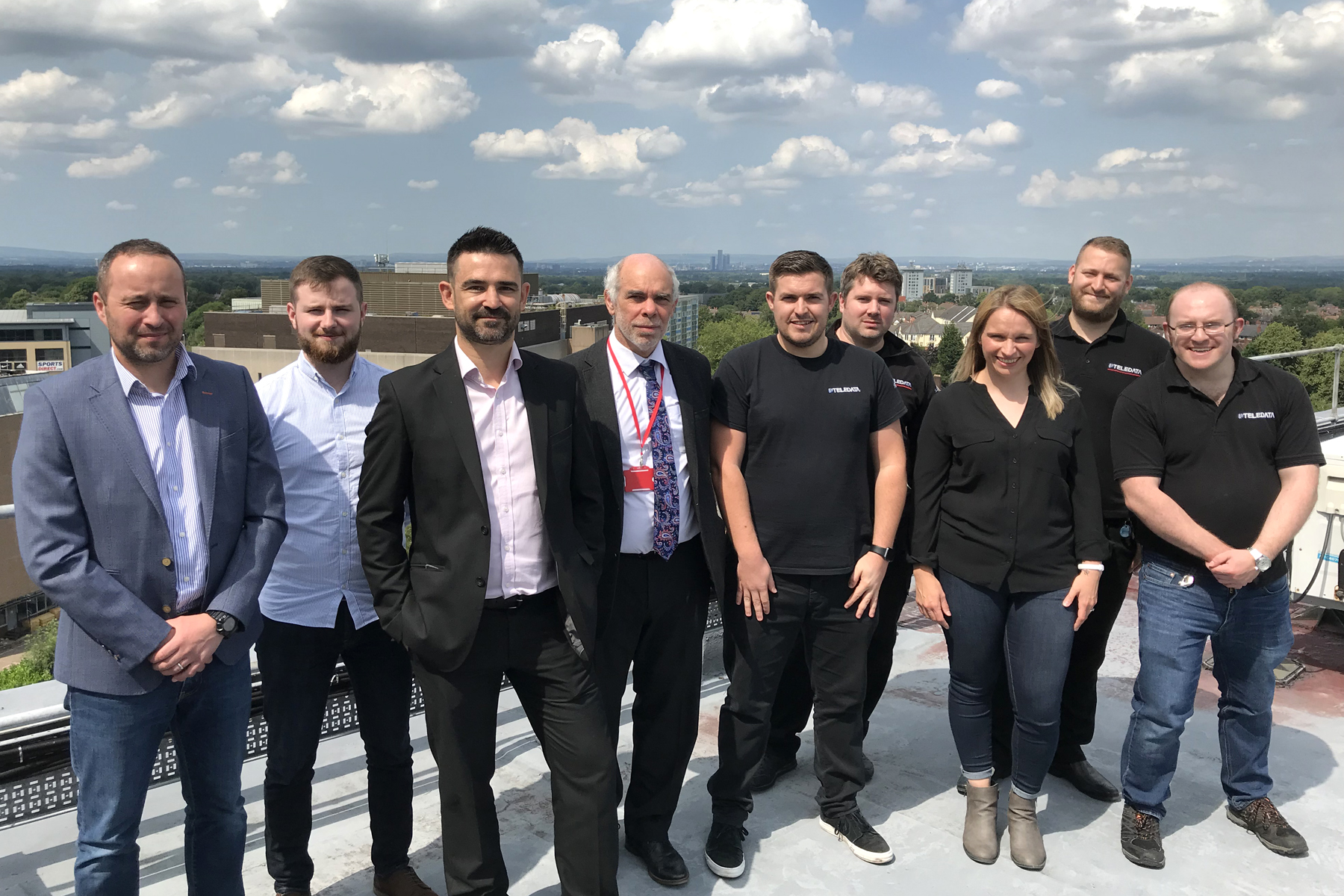Across the world, businesses and contractors are asking what the ‘new normal’ will bring. The internet is awash with predictions – but how many are credible? With this in mind, we ‘sat down’ with our co-founder Chris Jones and Iain Ranson, a highly experienced change management expert, to share their insight on how they see the world of work transforming in the wake of Covid19.
WHAT DO YOU THINK THE NEW NORMAL WILL LOOK LIKE POST-LOCKDOWN?
Whilst the new coronavirus has brought British life to a near standstill, closing businesses and keeping people at home, the last few months have shown that large-scale flexible working is possible as people have had to adapt and adjust to working from home. Both IT contractors and agile methodology have proved to be particularly well-suited to remote working models. While this cultural shift towards a truly flexible workforce is not yet fully embedded, it’s well underway. And businesses that attempt to roll back the changes could be asking for trouble.
Homeworking could well become a priority for workers who value the sense of safety and have grown accustomed to a healthy work-life balance. This means organisations that can’t or won’t offer flexible working could lose their top talent. Businesses need to reassess their Employee Value Propositions (EVPs), make flexible working standard and upgrade the business technology to enable successful homeworking. They also need to think about how to train, motivate and keep employees productive while working remotely. While there’s clearly much to think about, the time invested could be worth the effort. Workers are more likely to be attracted to companies that embrace remote working and are flexible and family-friendly.
WHAT CHALLENGES DO YOU SEE ORGANISATIONS FACING WHEN RESTARTING THE CHANGE AGENDA?
At times like these, there’s a natural tendency and substantial desire for stability with many organisations wanting to return to their pre-lockdown state. But those that take this route could struggle to get their change agenda up and running in a world that’s drastically different. To survive and navigate an uncertain future, a better option is to adopt behaviours that are proven to work in a crisis. The challenge lies in reinforcing these behaviours such as flexible working.
Another major challenge will be re-evaluating projects. Do they still make sense post-Covid-19? Businesses need to think about what they’re aiming for – the targets may have changed. And long-term strategies may no longer be fit for purpose when no one’s sure what to expect. The best approach may be to keep things simple and identify short-term goals. Organisations should be ready to scrap projects if necessary and re-prioritise. This may mean reassessing the people and skills required. In many cases, the role of middle managers may be redundant, as workers take responsibility for delivery and no longer require oversight. Instead, there may be a greater need for switched-on leaders with the courage, skill and initiative to lead boldly during difficult times. If the workforce must be restructured, there could be significant challenges ahead in terms of people management.
Once organisations identify their key projects, they’ll need a flexible, short-term workforce that can turn them around quickly. However, the impact of IR35 means the pool of contractor talent is shrinking. Rather than be deemed ‘inside IR35’, freelancers are choosing to take on permanent roles. Many feel that an ‘Inside IR35’ classification means paying the same costs as salaried employees without benefitting from the same employment rights. That leaves contractors with an unenviable choice: shutting down their PSCs (Personal Service Companies) or working with an umbrella company.
Unfortunately, lockdown has shown the latter to be a far from robust solution. There have been multiple reports of umbrella companies simply shutting down and refusing to support workers through the government’s furlough scheme.
Faced with an unregulated umbrella alternative and businesses imposing blanket IR35 assessments, the case for contracting via a PSC has become increasingly challenging. As freelancers take on permanent roles, interim talent could diminish, leaving organisations in need to plug capability gaps and deliver critical projects. The onus is therefore on businesses to come up with a proposition that will help them attract the best people. They need to show that they take IR35 compliance seriously but also contractors’ welfare. Outcome-based contracts will also draw talent by giving contractors a clear sense of timescales and what’s required of them. It will also make companies hiring ‘outside IR35’ contractors more desirable and competitive.
WHAT ARE THE CONSEQUENCES FOR ORGANISATIONS THAT FAIL TO TACKLE THESE CHALLENGES HEAD ON?
The failure to meet new challenges could have serious implications for organisations in this strange new world. Out-of-date processes and target operating models (TOMs) could leave companies floundering, as others adapt and thrive. This in turn will certainly send waves of dismay rippling through the workforce. Teams that witness their employers steadfastly unwilling to change, could become disillusioned and walk away, taking valuable intellectual knowledge with them.
Businesses will need to acknowledge that previous best practice is no longer, well, best. Instead, leaders need to step up and rely on their own skills to take the most appropriate decisions for their unique business.
We hope this expert opinion article offers some clarity during the easing of COVID-19 lockdown measures and the gradual return to work. In Part Two, we look at how companies can take advantage of the new normal to drive change. Check back here next week for the full story.
ABOUT OUR EXPERTS
Iain Ranson
A Consulting Director at Oakleigh House Consulting and a transformation subject matter expert, Iain brings 30 years’ experience in advising and leading companies on £multi-million transformation programmes.
Chris Jones
Chris Jones, co-founder of Colnort and Francis North has worked across the Financial Services, IT&T and Public sectors, and possesses a broad understanding of both business and technical landscapes as well as the most successful models to deliver key customer projects.
